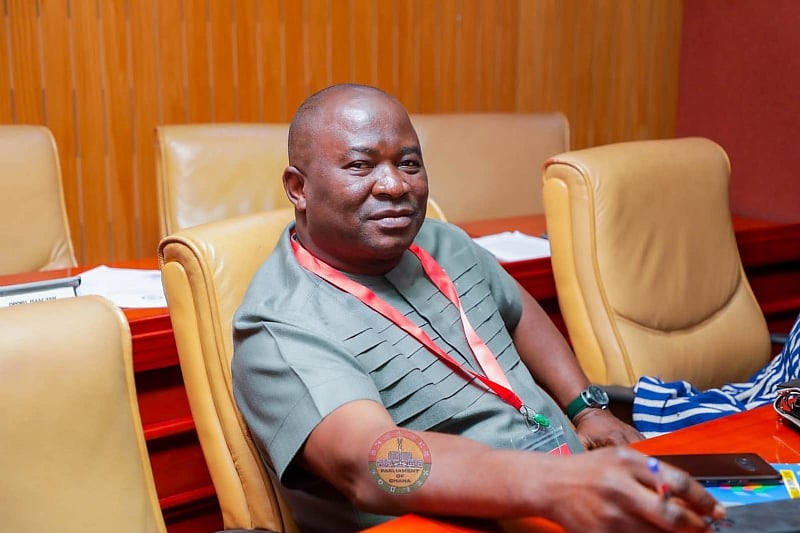The impending deadline set by the Ghana Registered Nurses and Midwives Association (GRNMA) for the fulfillment of their demands for improved conditions of service has cast a shadow of uncertainty over Ghana’s healthcare system, raising concerns about potential disruptions in service delivery should the government fail to meet the union’s expectations. Alexander Akwasi Acquah, Member of Parliament for Akim Oda and a member of Parliament’s Health Committee, has voiced his apprehension over the government’s apparent inability to address the nurses’ grievances, warning of serious consequences if a resolution is not reached before the July deadline.
Acquah’s frustration stems from the lack of tangible progress on the issue, despite his personal efforts to bring the matter to the forefront. He disclosed that he had specifically requested the Health Minister’s presence in Parliament to address the nurses’ concerns. However, the Minister’s address, according to Acquah, focused solely on COVID-19 and Mpox, completely bypassing the urgent and pressing issue of the nurses’ demands. This omission, he suggests, underscores a lack of seriousness on the part of the government in addressing the brewing crisis. The Majority Leader’s explanation that the President needed to convene a meeting with the Health and Finance Ministers further underscores the complexities surrounding the issue and hints at potential financial constraints in meeting the GRNMA’s demands.
The core of the problem, as revealed by Acquah, lies in the Ministry of Finance’s apparent struggle to meet the financial obligations associated with the nurses’ demands. This financial hurdle, despite assurances from the Health Committee to the GRNMA to allow for more time, has done little to assuage the union’s concerns, and they have remained steadfast in their July deadline. This firmness on the part of the GRNMA reflects the deep-seated nature of their grievances and their resolve to see their demands met. The Health Committee, while attempting to mediate and negotiate a resolution, now finds itself in a precarious position, with its credibility on the line.
Acquah issued a stern warning that the Minority members of the Health Committee would withdraw from further negotiations if the government continues to stall on addressing the nurses’ concerns. This stance reflects the growing frustration within the committee and underscores the seriousness of the situation. Having invested considerable effort and credibility in mediating between the GRNMA and the government, the Minority members feel their efforts are being undermined by the government’s inaction. Their potential withdrawal from negotiations would further complicate the matter and could escalate the tension between the government and the nurses’ union.
The GRNMA’s demands for improved conditions of service are not new. They represent long-standing concerns regarding their remuneration, working conditions, and professional development. The union argues that their current conditions do not reflect the crucial role they play in Ghana’s healthcare system. This looming deadline and the potential for disruptions in healthcare delivery highlight the crucial need for a swift and effective resolution to the impasse. Failure to do so could have significant ramifications for the health and well-being of the Ghanaian population.
The situation underscores the complex interplay between healthcare provision, labor relations, and government policy in Ghana. The GRNMA’s demands represent a broader call for the government to prioritize the well-being of its healthcare workforce and ensure that they are adequately compensated and supported to deliver quality healthcare services. The government’s response, or lack thereof, will have significant implications for the future of healthcare in the country and the overall stability of the labor sector. The looming deadline serves as a stark reminder of the urgency of the situation and the potential consequences of inaction.


